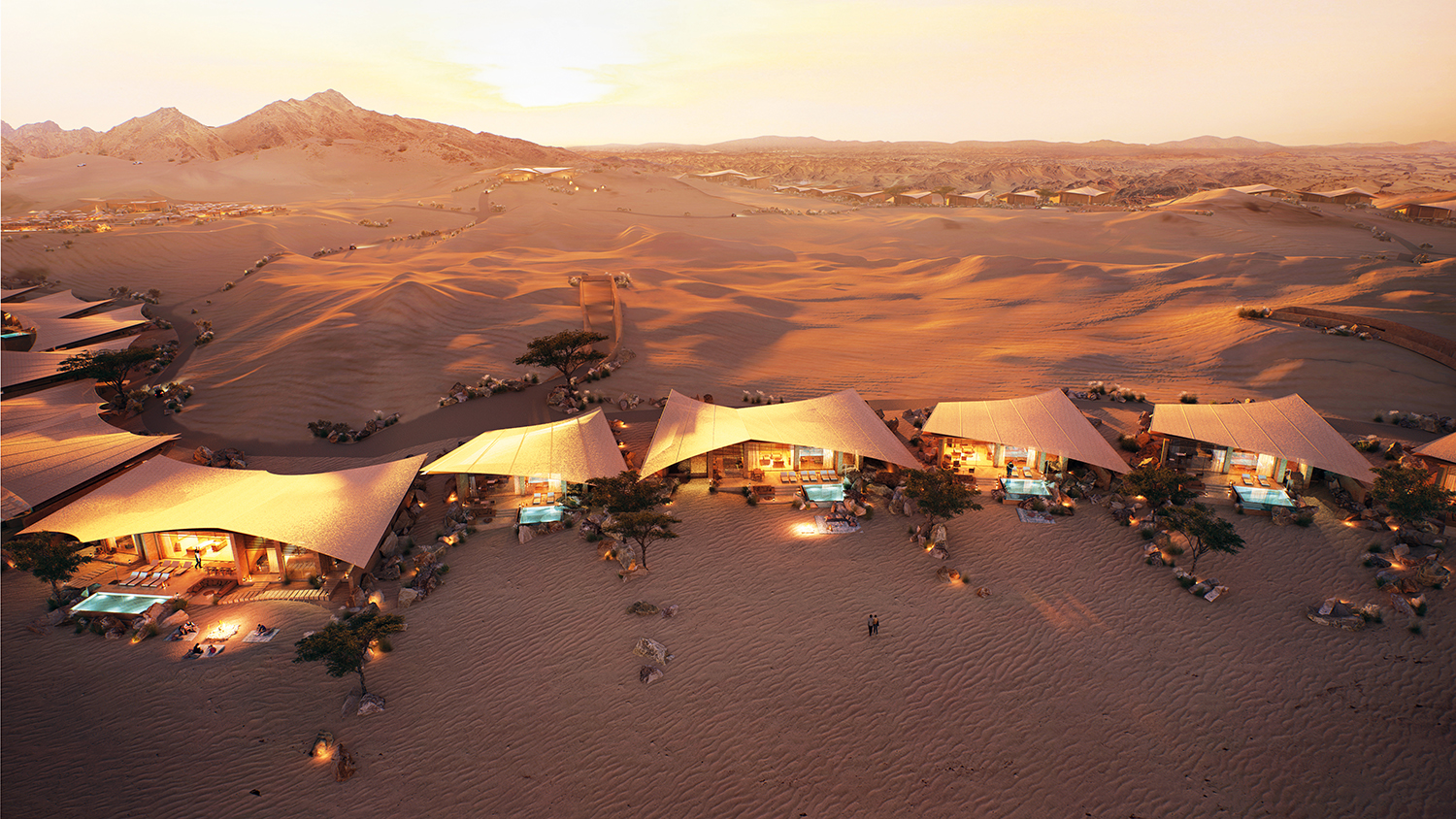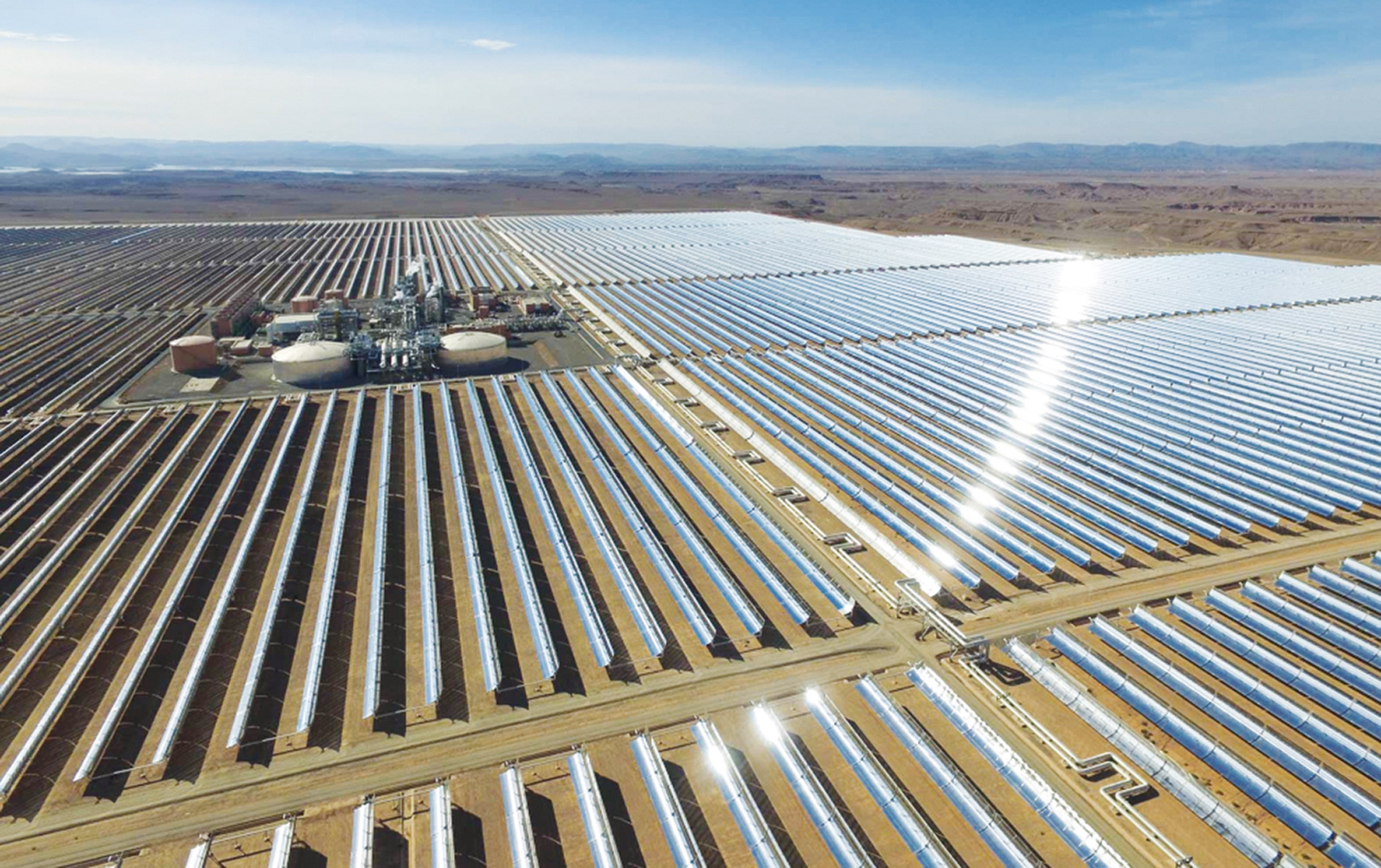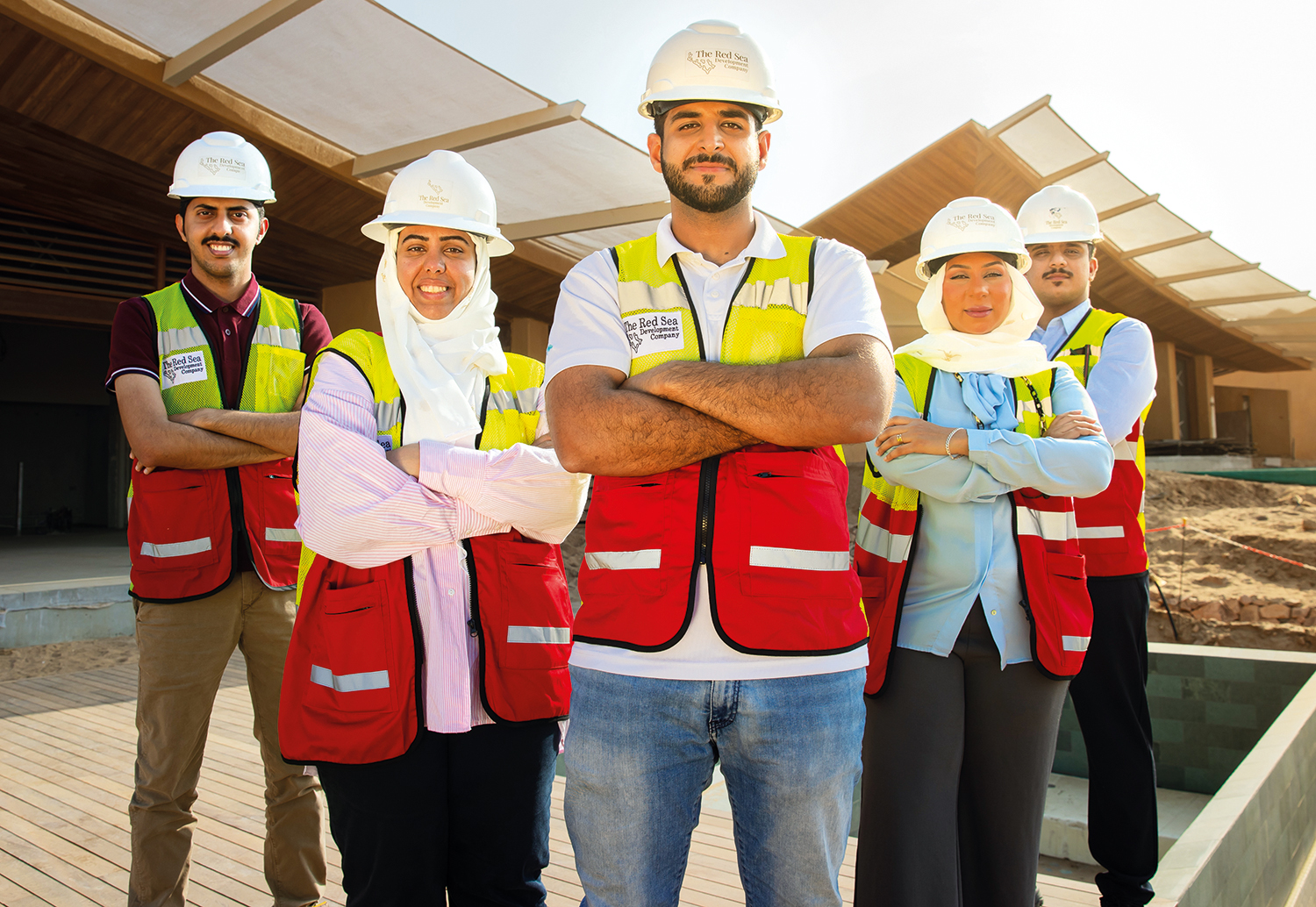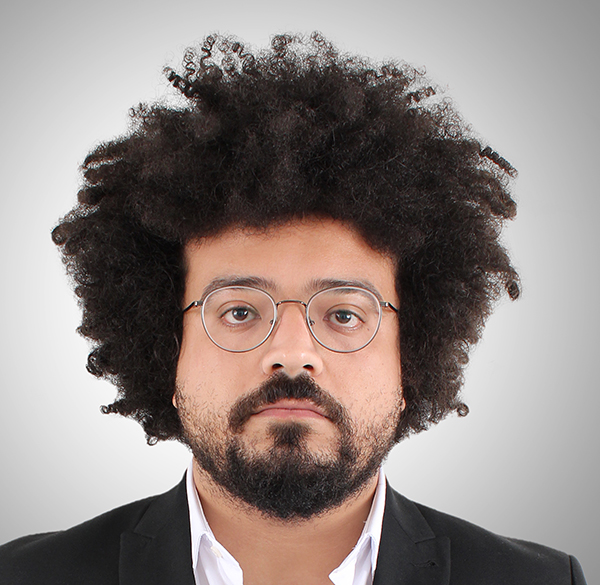
Middle East-based CIOB fellow Emad Adel explains how Saudi Arabia giga projects like the Red Sea tourism masterplan fit with the institute’s vision of ‘modern professionalism’
CIOB’s corporate plan for 2023-2028 has been developed through extensive consultation with CIOB members worldwide, building on the foundation of the 2020-2023 plan, which serves as our moral guide.
While CIOB has historically been a symbol of professionalism, we now see the ideal moment to embrace what we term ‘modern professionalism’. This involves fostering a new era of adaptability and innovation for professionals to excel in an increasingly globalised world.
Those with the highest levels of professionalism are often those who drive innovation, promote diversity and consistently deliver excellence in their work. Our focus revolves around three key themes: quality and safety; addressing skills shortages; and advancing environmental sustainability. We want to bring about a decisive transformation in these areas.
The built environment makes up 39% of global carbon emissions, of which 11% can be attributed to construction projects.
In Saudi Arabia, giga projects are pivotal to the Vision 2030 forward plan. They involve tourism, residential, commercial and industrial developments designed to invigorate and diversify the economy. They constitute one of the world’s most extensive capital investment programmes, with an estimated budget exceeding $850bn (£677bn).
All giga projects are being expedited, and the initial phases are slated for completion between 2023 and 2025 to meet the aim of achieving $100bn (£80bn) in annual foreign direct investment by 2030. Can a development portfolio of this magnitude still prioritise environmental sustainability?
Red Sea masterplan
The Red Sea tourism masterplan on Saudi Arabia’s west coast encompasses an area of around 28,000 sq km. When complete in 2030, it will comprise 50 resorts on the pristine Red Sea coast, including some 8,000 hotel rooms and more than 1,000 residential properties across 22 islands and six inland sites.
Complete with its own international airport, the scheme will include luxury marinas, golf courses, entertainment and leisure facilities.
The company behind it, Red Sea Global, set out to prioritise both people and the environment.

The project will employ some 30,000 construction workers. To house them in the remote location, Red Sea Global exceeded international welfare standards by building its Construction Village – 12 landscaped neighbourhoods with sports pitches and a cinema. A maximum of three workers share a room, with en suite shower and bathrooms.
For the environment, the project recently secured the first Saudi Riyal-denominated Green Finance credit facility.
Among development companies in the MENA region, Red Sea Global earned the highest rating for sustainable urban planning, specifically the Platinum LEED certification for Cities and Communities, in its initial stage.
Renewable energy
How does the Red Sea project stand out, environmentally? For one thing, it’s poised to become the world’s largest tourism destination powered exclusively by renewable energy.
Andrew Tyson, Red Sea Global’s head of construction, told me: “We’re very proud of our decision to run the Red Sea destination on 100% renewable energy. Our purpose-built battery storage facility will be one of the largest in the world at 1,300MWh, and we have recently completed the commissioning of more than 760,000 photovoltaic panels needed to power phase one of the destination.”

Its quest for sustainability has led Red Sea Global down some interesting paths. By 2030, the destination aims to cultivate over 30 million plants at its 1 million sq m nursery. It ordered 11,000 carbon-negative concrete pavers for the nursery from startup Partanna, which says its cement cures at ambient temperature, avoiding the intensive heat required for traditional cement.
This shows how very bold plans can foster and support innovation.
CIOB and sustainability trends
There are numerous points of intersection between CIOB’s corporate plan and the Red Sea project. CIOB is dedicated to integrating sustainability into education. The Red Sea project contributes to this by supporting 10,000 graduates through educational initiatives, with a target of at least 50% of these hailing from areas near the developments.
One of CIOB’s roles is to promote best practice and commend achievements in sustainability. That’s why I chose to showcase the Red Sea project as a pioneering initiative, illustrating the potential for more such projects in the MENA region.
This aligns with CIOB’s mission to develop learning programmes that enhance industry expertise while advocating innovative practices.
This, in turn, contributes to reducing the costs associated with sustainable construction and makes a compelling business case that is widely embraced. The goal is to make these principles applicable across projects of all sizes because I firmly believe that the built environment merits nothing less.
Emad Adel FCIOB is planning manager for the Expolink Consortium working on Dubai’s Red Line Extension Route 2020 project, and a member of CIOB’s Global External Affairs Advisory Board.
Comments
Comments are closed.












This article is an absolute gem! It beautifully captures the essence of that subject and provides such valuable insights. I was truly captivated by the author’s eloquent writing style and his ability to convey complex ideas in such a clear and concise manner.
What I appreciate most about this article is its depth and thoroughness. EMAD has clearly done his research, presenting a well-rounded perspective on the subject matter. The inclusion of relevant statistics, expert quotes, and real-life examples further strengthens the credibility of their arguments.
Moreover, the article’s structure is impeccable. It flows seamlessly from one point to another, making it easy for readers to follow along and stay engaged. The use of subheadings and bullet points also aids in organizing information effectively.
Lastly, I must commend Emad on his ability to evoke emotions through his writing. He successfully managed to strike a balance between providing factual information and appealing to readers’ emotions, making this article both informative and impactful.
Overall, this article is a true masterpiece that deserves recognition. It has enlightened me on that subject in ways I never thought possible. Thank Emad for sharing such valuable knowledge with us all. I eagerly look forward to reading more of your work in the future!